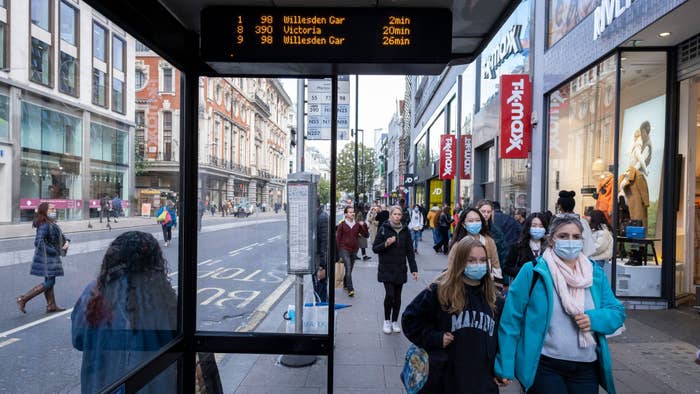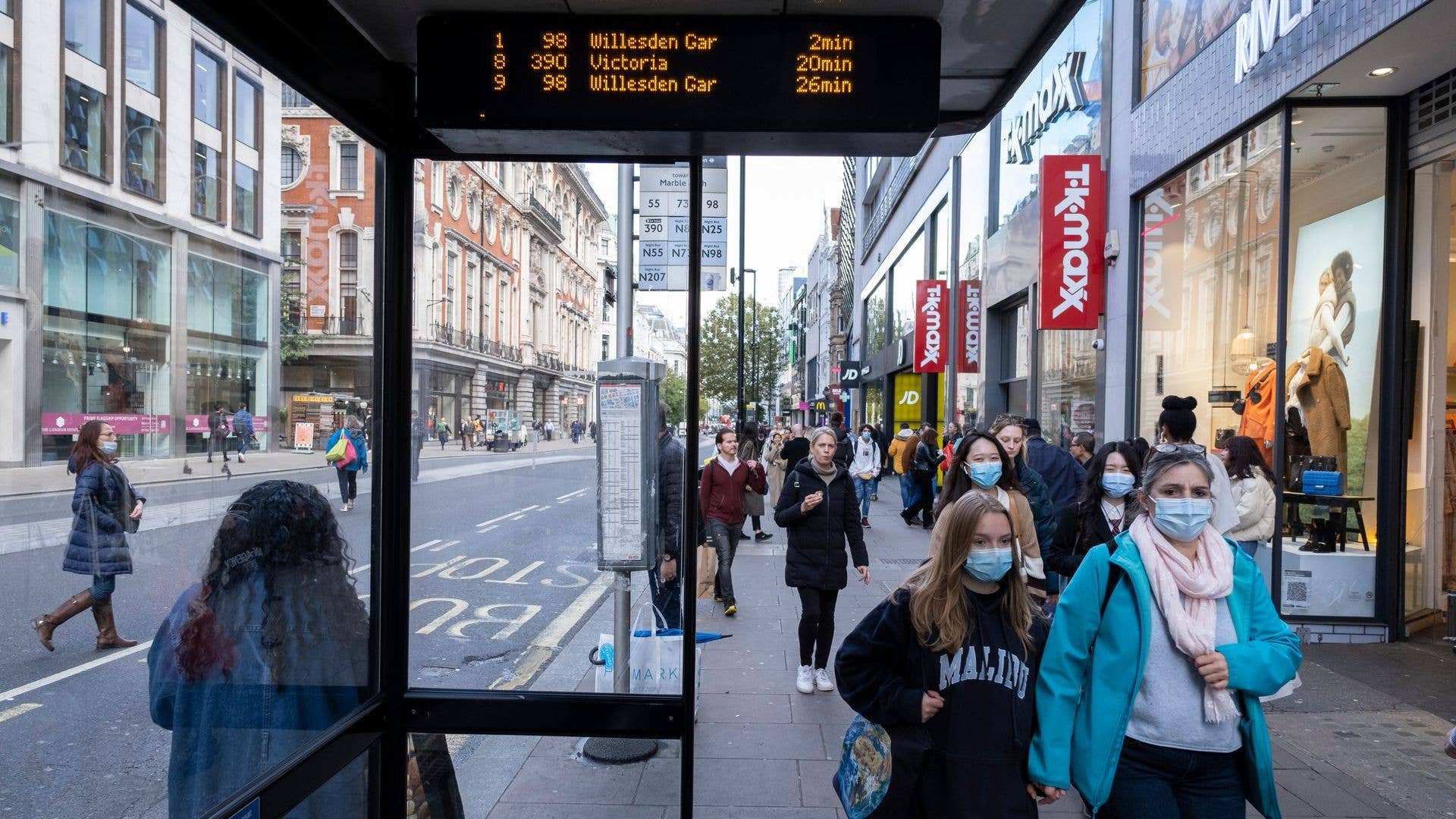
A COVID-19 Delta subvariant—which potentially spreads faster—has been spotted at labs in at least eight states and 42 countries.
Named AY.4.2 and sometimes called “Delta Plus,” the strain has led to an investigation by health authorities in the United Kingdom and has been recognized in labs in California, Florida, Maryland, Massachusetts, Nevada, North Carolina, Rhode Island, Washington, and the District of Columbia, according to CBS News.
So far, while it may spread faster, nothing points to more severe illness and vaccines should remain effective, according to health authorities. The subvariant raises Delta by an additional three mutations, impacting “spike proteins that studs the surface of the virus,” according to Forbes. AY.4.2 only has taken up a small fraction of U.S. cases, but officials are working to study the latest Delta variant.“We have teams that are constantly reviewing the genetic sequence data and looking for blips, an increase in a certain proportion or just something that’s completely new,” says executive secretary of the U.S. government’s SARS-CoV-2 Interagency Group, Dr. Summer Galloway.
U.S. labs started prepping tests to find out if AY.4.2 can impact vaccinated Americans via antibodies, or from “authorized monoclonal antibody treatments for the virus,” as CBS reports. The process, Galloway said, could take four weeks to determine. Scientists have also discovered sub-lineages of Delta called AY.1 and AY.2, the first of which has comprised about 0.1 percent of cases in the U.S.
“Right now, I think there’s not a lot that we know,” she said. “But in terms of the risk that it poses to public health, the prevalence is very low in the U.S. and we don’t really anticipate that the substitutions [of AY.4.2] are going to have a significant impact on either the effectiveness of our vaccines or its susceptibility to monoclonal antibody treatments.”
In the UK, AY.4.2 has made up more than 11 percent of Delta cases, in a country that has provided 93 percent of the AY.4.2 reports so far.
“Estimated growth rates remain slightly higher for AY.4.2 than for Delta, and the household secondary attack rate is higher for AY.4.2 cases than for other Delta cases,” said a Friday report by the U.K. Health Security Agency.

